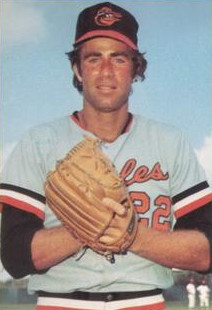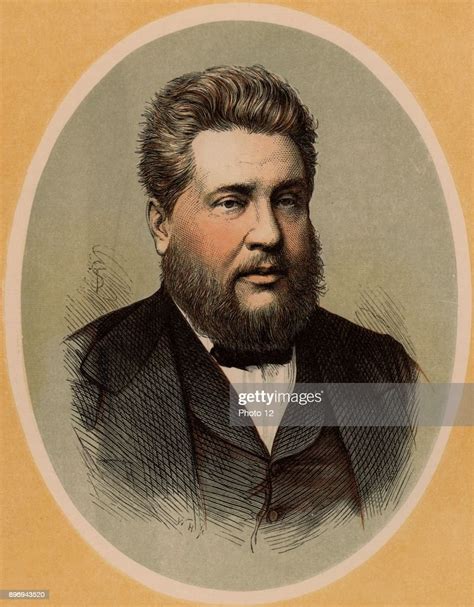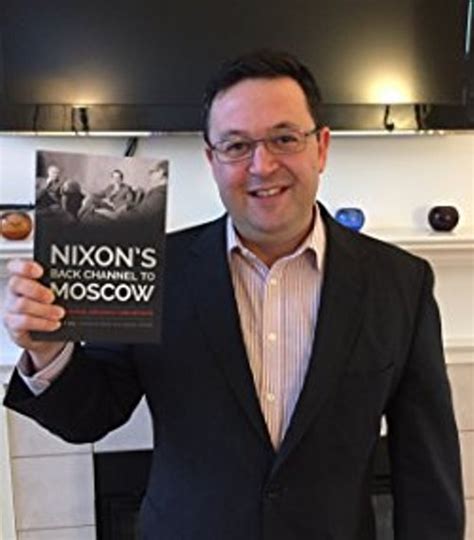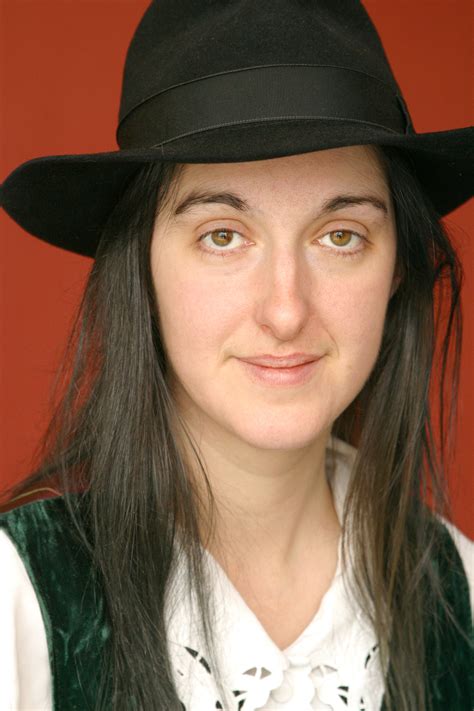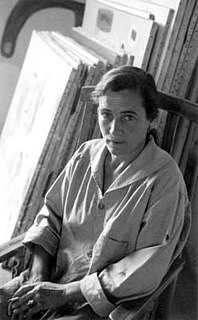A Quote by Isaac Asimov
We mythologists know very well that myths and legends contain borrowings, moral lessons, nature cycles, and a hundred other distorting influences, and we labor to cut them away and get to what might be a kernel of truth. In fact, these same techniques must be applied to the most sober histories, for no one writes the clear and apparent truth-if such a thing can even be said to exist.
Related Quotes
I must say a few words about memory. It is full of holes. If you were to lay it out upon a table, it would resemble a scrap of lace. I am a lover of history . . . [but] history has one flaw. It is a subjective art, no less so than poetry or music. . . . The historian writes a truth. The memoirist writes a truth. The novelist writes a truth. And so on. My mother, we both know, wrote a truth in The 19th Wife– a truth that corresponded to her memory and desires. It is not the truth, certainly not. But a truth, yes . . . Her book is a fact. It remains so, even if it is snowflaked with holes.
At the very outset I have to tell you that truth is what it is. You cannot mold it, you cannot change it. It is always the same. It has been the same, it is the same, it will be the same. But to say that we know the truth and that we have the truth is really a self-deception. If you had known the absolute truth there would have been no problems and everybody would have said the same thing. There would be no discussions, no arguments, no fights and wars. But when we don't know the absolute truth then we can find out our own mental conceptions as the truth. But this mind is so limited.
I found that most people don't really want to know the truth. There are plenty of people who want to know the truth on their terms or require that the truth be contained within certain boundaries of comfort. But truth can never be known this way. You have to seek truth from a place of not knowing, and that can be a very threatening place because we think we already know the truth or we are afraid of what the truth might be.
But though every created thing is, in this sense, a mystery, the word mystery cannot be applied to moral truth, any more than obscurity can be applied to light. ... Mystery is the antagonist of truth. It is a fog of human invention, that obscures truth, and represents it in distortion. Truth never envelops itself in mystery, and the mystery in which it is at any time enveloped is the work of its antagonist, and never of itself.
Your closest relationships are often the ones that have the most effect on you, but they are frequently the ones most difficult to change. These relationships are complex and have long histories. Lifetime habits of avoiding being really present with each other may exist in many of them. Family members, for instance, might want to support you, but will not necessarily know how to genuinely listen or be present with you in a way that is enlivening. . . . Even with the best intentions, it can be very difficult to get beyond the past and into the Now.
A man must first of all understand certain things. He has thousands of false ideas and false conceptions, chiefly about himself, and he must get rid of some of them before beginning to acquire anything new. Otherwise the new will be built on a wrong foundation and the result will be worse than before. To speak the truth is the most difficult thing in the world; one must study a great deal and for a long time in order to speak the truth. The wish alone is not enough. To speak the truth one must know what the truth is and what a lie is, and first of all in oneself. And this nobody wants to know.
Truth is dangerous. It topples palaces and kills kings. It stirs gentle men to rage and bids them take up arms. It wakes old grievances and opens forgotten wounds. It is the mother of the sleepless night and the hag-ridden day. And yet there is one thing that is more dangerous than Truth. Those who would silence Truth’s voice are more destructive by far. It is most perilous to be a speaker of Truth. Sometimes one must choose to be silent, or be silenced. But if a truth cannot be spoken, it must at least be known. Even if you dare not speak truth to others, never lie to yourself.
At the outset do not be worried about this big question-Truth. It is a very simple matter if each one of you starts with the desire to get as much as possible. No human being is constituted to know the truth, the whole truth, and nothing but the truth; and even the best of men must be content with fragments, with partial glimpses, never the full fruition. In this unsatisfied quest the attitude of mind, the desire, the thirst-a thirst that from the soul must arise!-the fervent longing, are the be-all and the end-all.
One of the problems of truth being censored for a really long time is that people lose the ability to intuit what truth might be, and therefore begin to swallow whatever they're fed. I think that's something that the Chinese have learned very well. They've even managed to persuade quite large segments of the population that the martyrs of Tiananmen were actually an anti-national element. People don't view them as heroes, they see them as troublemakers. There you have a combination of censorship of truth creating a new truth, which is the lie, but it's not seen as such.
We have heard much about the poetry of mathematics, but very little of it has as yet been sung. The ancients had a juster notion of their poetic value than we. The most distinct and beautiful statements of any truth must take at last the mathematical form. We might so simplify the rules of moral philosophy, as well as of arithmetic, that one formula would express them both.
I want to emphasize the fact that we all have the same experience and the same concern, but the artist must know exactly what the experience is. He must pursue the truth relentlessly. Once he sees this fact his feet are on the path. If you want to know the truth you will know it. The manipulation of materials in an artwork is a result of this state of mind. The artist works by awareness of his own state of mind.




